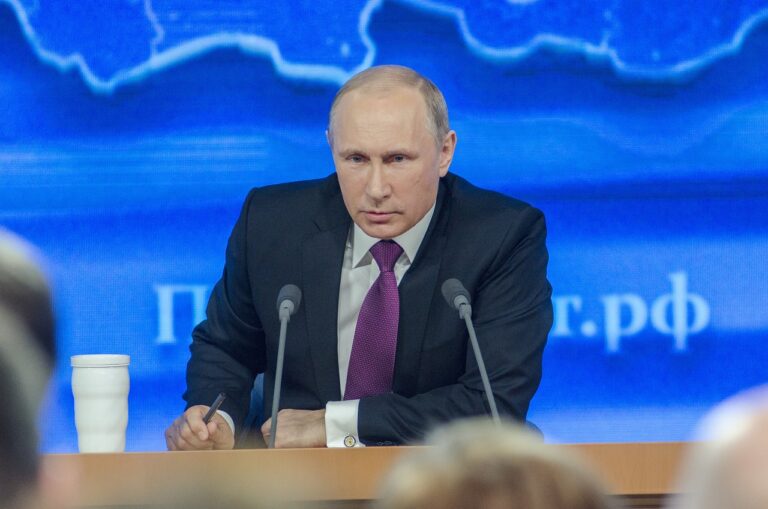The Role of Branding and Messaging in Political Fundraising
crickbet99, sky 99 exch id, reddy anna casino:Political fundraising is a crucial aspect of any political campaign, as it allows candidates to raise the necessary funds to support their campaign efforts. In order to be successful in political fundraising, candidates must focus on branding and messaging to effectively reach and engage their target audience.
Branding plays a key role in political fundraising by helping to create a strong and memorable identity for the candidate. A strong brand can help differentiate a candidate from their competitors and build trust and credibility with potential donors. By establishing a consistent brand message across all campaign materials, candidates can convey their values, priorities, and vision to supporters.
Messaging is also a critical component of political fundraising, as it helps candidates communicate their platform and priorities to potential donors. Effective messaging should be clear, concise, and compelling, highlighting the candidate’s strengths and resonating with their target audience. By crafting persuasive messaging that speaks to the concerns and interests of donors, candidates can inspire support and donations for their campaign.
When it comes to political fundraising, branding and messaging work hand in hand to create a compelling narrative that motivates donors to contribute to a candidate’s campaign. By developing a strong brand and consistent messaging strategy, candidates can build awareness, generate enthusiasm, and drive donations for their political campaign.
Here are some key considerations for candidates looking to leverage branding and messaging in their political fundraising efforts:
1. Establish a Strong Brand Identity: Develop a clear and distinctive brand identity that reflects the candidate’s values, personality, and priorities. Use consistent branding elements such as colors, logos, and fonts across all campaign materials to create a cohesive and recognizable brand.
2. Craft a Compelling Message: Develop a compelling campaign message that highlights the candidate’s strengths, accomplishments, and vision for the future. Use persuasive language that resonates with donors and inspires them to support the campaign.
3. Segment Your Audience: Tailor your branding and messaging to different donor segments based on their interests, values, and priorities. Personalize your communications to speak directly to the concerns and motivations of each audience segment.
4. Use Multiple Channels: Utilize a mix of traditional and digital channels to reach donors and communicate your message effectively. Leverage social media, email marketing, direct mail, and in-person events to engage donors and solicit donations.
5. Test and Optimize: Continuously test and optimize your branding and messaging strategies to maximize their impact and effectiveness. Monitor key performance indicators such as donation conversion rates, engagement levels, and fundraising goal attainment to identify areas for improvement.
6. Build Relationships: Focus on building relationships with donors to foster long-term support and loyalty. Engage with donors personally, show appreciation for their contributions, and keep them informed about the campaign’s progress and impact.
In conclusion, branding and messaging are essential components of successful political fundraising efforts. By developing a strong brand identity, crafting compelling messaging, and engaging donors effectively, candidates can inspire support, drive donations, and ultimately achieve success in their political campaigns.
FAQs:
Q: How can candidates use storytelling in their branding and messaging for political fundraising?
A: Candidates can use storytelling to create a powerful emotional connection with donors, humanize their campaign, and bring their values and priorities to life.
Q: What role does social media play in political fundraising branding and messaging?
A: Social media is a valuable tool for candidates to reach and engage donors, amplify their message, and cultivate a community of supporters. Candidates can use social media platforms to share their story, rally supporters, and drive donations for their campaign.
Q: How can candidates leverage data and analytics to inform their branding and messaging strategies in political fundraising?
A: Candidates can use data and analytics to track the performance of their branding and messaging efforts, gain insights into donor behavior and preferences, and optimize their campaigns for success. By analyzing key metrics such as donation conversion rates, engagement levels, and audience demographics, candidates can make data-driven decisions to improve their fundraising efforts.







